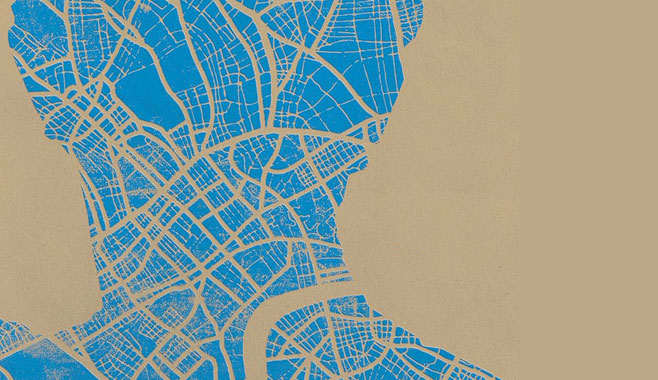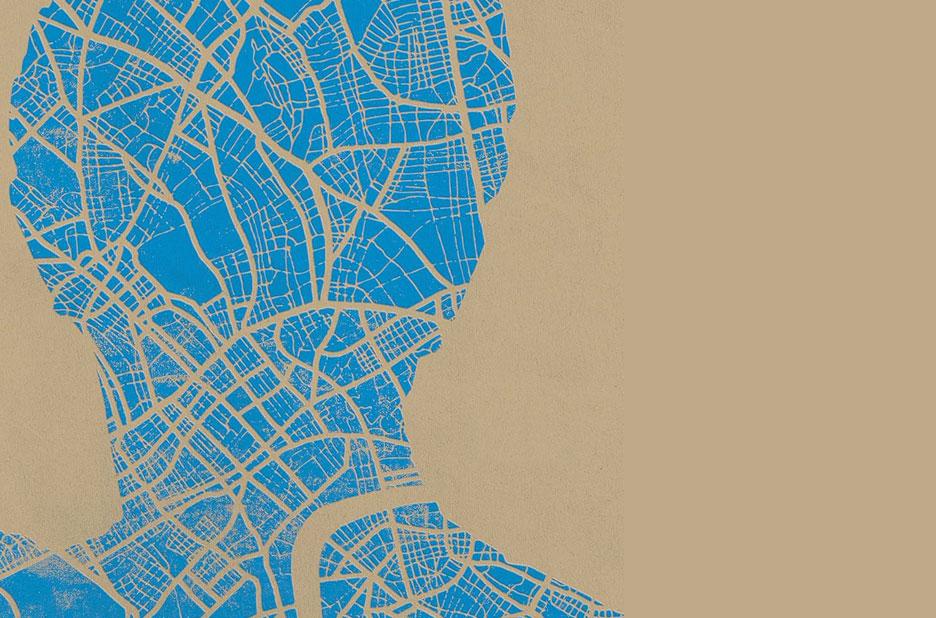Book
My friends
Hisham Matar
5/5
On friendship and grief
The evolving ties of friendship between three men in exile form the core of this impressive fictional memoir, connecting their diverging life paths and family relationships. Matar’s style is wholesome, unexpectedly poetic without ever becoming commonplace, and always elegant in its nomadic and worldly melancholy.


I would never have expected to be captivated by a novel about three Libyan men, but the power of Matar’s writing is such that the narrative appears simultaneously specific and universal, recognisable to all those who have experienced transcultural living. Matar speaks the emotional truth which accompanied political events for Libyans in exile.
It is true that one often gets into political activism with and through friends. The main character and narrator Khaled, who at the beginning of the story is a student with a Libyan scholarship at Edinburgh university, through a combination of circumstances, and somewhat reluctantly, gets drawn to attend a demonstration in front of the Libyan embassy in London on 17th April 1984 with his fellow student Mustafa. Both Khaled and Mustafa are shot by the Libyan soldiers and seriously injured. This bonds them together for life. Matar explains what it means to be from a country under a cruel dictatorship and how that affects one’s life choices, options and regrets. The consequences of attending the demonstration extend much beyond physical injuries, affecting their lives profoundly. Khaled has to drop out of university fearing for his family back in Benghazi and for his own life if the regime identifies him. Their lives are now distinctly split into before and after.
Unlike the friendship between Khaled and Mustafa forged in direct action, the third friend, Hosam, is a writer whose allegorical story calling for political resistance read out on the BBC World Service by a soon to be assassinated journalist, is one of the key moments of the coalescing political consciousness in Khaled’s family. Years later, Khaled fortuitously meets Hosam in person for the first time in Paris while assisting another friend in need, and Hosam quickly becomes a close friend like Mustafa. Mustafa is essentially a man of action and instinct, and Hosam a man of words and deliberation, mirroring Khaled’s internal conflicts. But life is never so simple. When Libyan revolution begins in 2011, Mustafa and Hosam’s lives will take a radically different direction to Khaled’s. And not only will they make different choices, these choices will also slowly and inexorably alter them too.
The novel starts with Khaled parting from Hosam who is emigrating to California. Khaled senses that this may be the last time he is seeing his friend or at the very least that their friendship is at a crucial juncture and may fade away. The sadness makes him reminisce and tell us the history of their friendship. Matar draws the reader in expertly, with his emotional openness and astuteness, and philosophical attitude to life, keeping a particularly authentic balance between personal and political history. Reading the story you wonder whether it is autobiographical, whether Matar himself got shot in front of a Libyan embassy, but it is not the case, Matar simply effortlessly weaving together the political and the personal.

The fourth important character in the novel is London, where Khaled has settled and built a simple life he holds on to, where his two friends Mustafa and Hosam also live in exile for a part of their lives and where the three meet most of the time. Khaled shares the city with his friends ‘the way honest labourers share tools’. He ruminates on his friends, family and literature on his long walks around London, always returning to his flat in Shepherd’s Bush. The background and setting to Khaled’s thinking is almost always London, its freedom, anonymity, transitory nature, traffic, dirt and its ‘night air as piercingly cold as a hard fact’. Perhaps this ambiguous shelter where he is yet another invisible shadow, always able to imagine that he is starting from scratch, grounds him as much if not more than his family which he misses terribly, and his precious interactions with his friends.
I have to mention Rana, the female friend who gets mentioned most often. She is the first person Khaled confides in after the shooting, the first to assist him in London after his long hospital recovery, the first to take him on a much-needed holiday abroad. In return, years later, Khaled travels to Paris to assist Rana when her health and privacy are at stake and Rana is therefore indirectly responsible for Khaled and Hosam’s first accidental meeting in Paris. Although low-key, Rana’s friendship seems to me at times more nurturing in practical terms than that of Khaled’s two male friends. Is she relegated to the ranks of lesser friends because she is Lebanese, because she is a woman, because their friendship is somehow less spiritual, or just as part of the writer’s ploy to hide in plain sight that which is truly important? Sometimes in life there are people who give us immense gifts of generosity only to be easily forgotten.
There is an obvious human cost to standing up for your political beliefs or simply your dignity against a dictatorship, but Matar does not lecture or claim the higher ground. As in life, his characters make decisions hesitantly with very few certainties, based on their circumstances and temperament, and the consequences have to be borne, that doesn’t make them heroes, just human beings trying to live a life. But the lives of exiles have that additional layer of complexity which weighs on them unceasingly. The push and the pull of the homelands is in itself endlessly tiring. When Hosam returns to Libya, his beautiful emails to Khaled reveal the shifts in the intricate relationships at home. Hosam is reminded of the place he needs to occupy, but the expectations of him also have to undergo some adjustments. Equally, Matar knows the strategies of living in a foreign land very well and touches on them with reticent and compact elegance.
It is Matar’s evocative meditative writing that makes this novel stand out and engage the reader so consistently. There are many moving moments I continued to reflect on long after I closed the covers. The focus Khaled, confused and needy, gives to the face of the policeman who rescues him when he is shot, an everyman’s face, reminds the reader of the importance of the human face, of the many polyvalent, mutating and pervasive meanings it carries. Much later he is surprised to discover his own face in a mirror, disfigured by fear, and then as he observed himself ‘as though in a disturbed pool’, his features ‘settled into their old arrangement and the horror subsided.’ His father’s voice, when he hears it again after a long time strikes him as astonishingly beautiful: ‘I remember being surprised by it, by how broad and hospitable it was, the shade of a well-rooted tree.’ The first telephone conversation Khalid has with his parents after the shooting is ordinary yet thoroughly heart-breaking.
Books are weapons too. Too many writers and journalist are pursued, imprisoned, tortured and murdered by authoritarian regimes for that not to be so. And George Orwell whose prize for political fiction Matar won with this novel knew this better than most. But the ordinary battle with the day and the time is as heroic as any overtly political one, and Matar makes sure we never forget that.